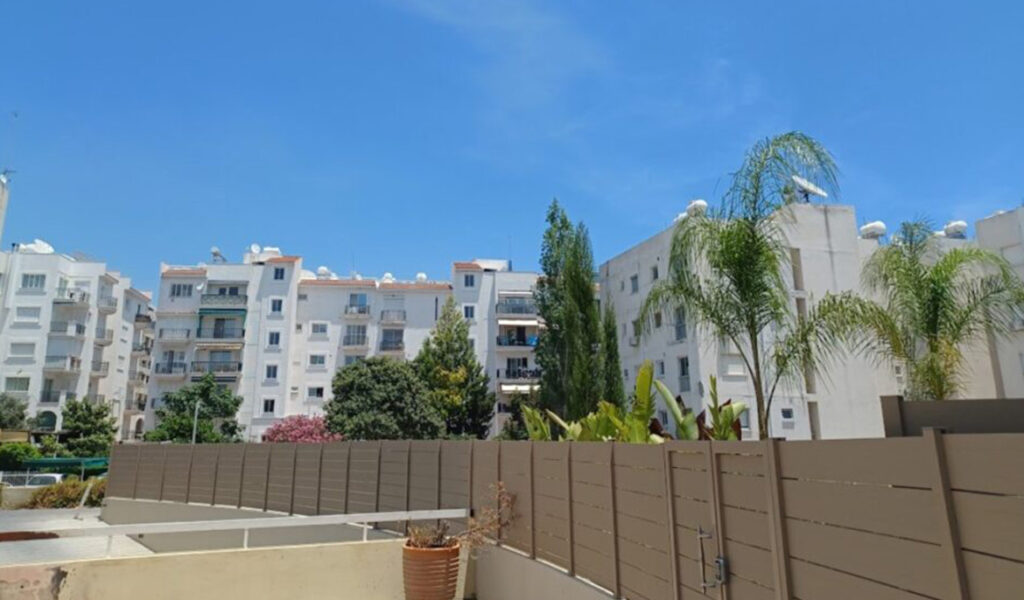External reasons, combined with Cyprus’ economic conditions, are affecting both local and international demand in the local property sector, according to Michalis Tsangarides, director of Delfi Partners, who noted that foreign investors continue to sustain the market domestically.
In a recent analysis piece, Tsangarides noted that during the first quarter of 2024, the market showed varied trends with Nicosia on an upward trajectory, Larnaca stagnating in terms of investment activity, and other regions facing declines.
“The fluctuations observed during the first quarter of 2024 with Nicosia remaining on an upward trend, Larnaca holding back investment activity and the rest of the free Cyprus district recording losses, if anything, set the tone for a year of increased challenges,” he said.
These challenges, he explained, are caused by geopolitical instability, inflation, and high interest rates, among others.
Addressing the market’s resilience, Tsangarides said that “the fact that sales documents filed in the first quarter of 2024 showed at least a marginal increase of 1 per cent compared to the corresponding quarter of 2023 gives some encouraging signs.”
This suggests the real estate market’s ability to withstand pressures and turbulence. Specifically, the Nicosia district closed the first quarter with a 42 per cent increase in sales, totalling 813. In contrast, Larnaca also saw a rise, with a 6 per cent increase and 723 sales.
“On the contrary, the double-digit decline recorded by the Limassol district, the most systemic in banking terms, of the Cypriot real estate market, cannot go unnoticed,” Tsangarides pointed out.
Furthermore, Paphos stopped its continuous upward trend, showing an 11 per cent decline in sales. The largest decrease was observed in the free area of Famagusta, with a 16 per cent drop.
Among these local fluctuations, the international market remains a significant player. “These performances are recorded at a time when the real estate market in Cyprus continues to be fuelled by foreign buyers, who account for four out of ten property sales made in Cyprus in the first quarter of 2024,” he said.
According to the data of the Department of Land and Surveys, international property sales from January to March 2024 reached 1,451, with 418 (29 per cent) sales to EU members and 1,033 (71 per cent) buyers from third countries. Paphos stands out, where international sales significantly exceed local purchases.
Tsangarides highlighted the ongoing challenges and the sector’s vital role in economic growth. “It is clear that the real estate sector is again being called upon to cope with increased uncertainties and to continue to fuel the growth of the Cypriot economy.”
He warned about the impact of worsening geopolitical scenarios but remains hopeful for a potential recovery.
“Certainly the desperate scenario of deteriorating conditions in the geopolitical environment will have an impact on both domestic and external demand,” he said.
“However, the picture will be diametrically opposite in the event of normalisation as the market appears ready to exploit its potential,” Tsangarides concluded. (Cyprus Mail )



